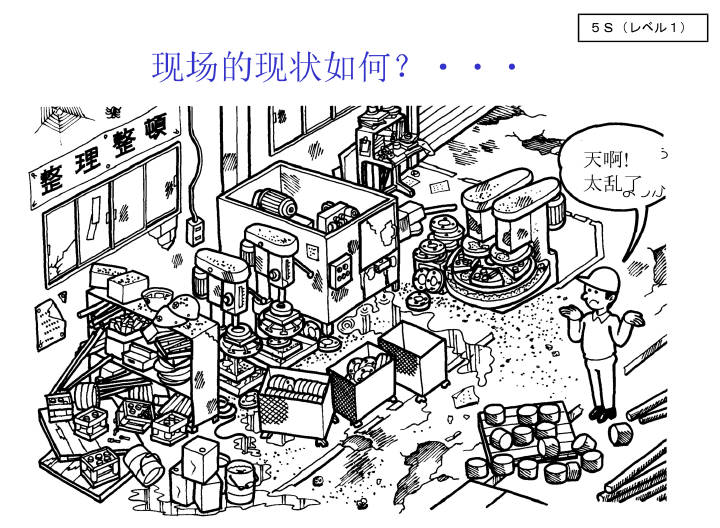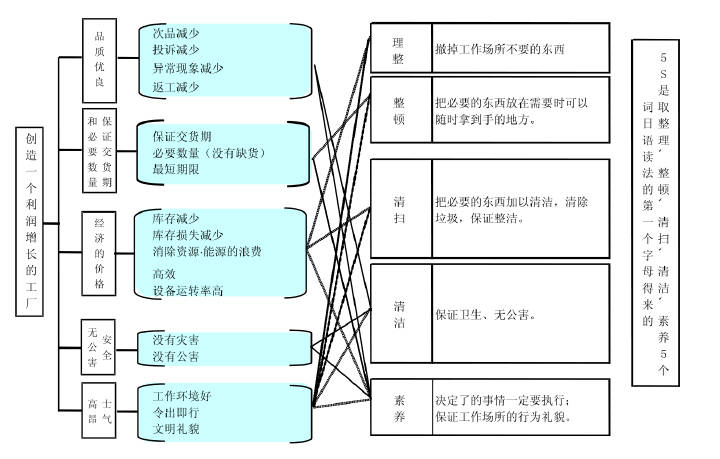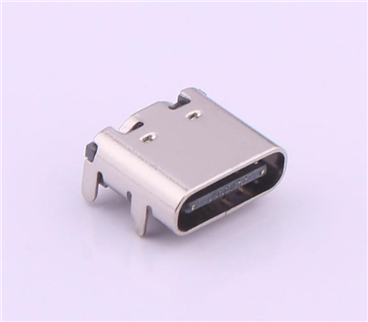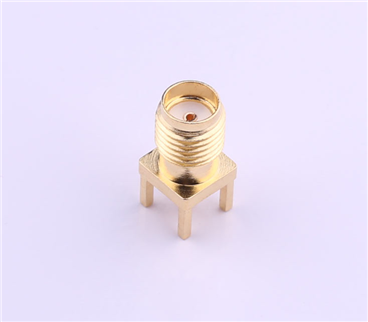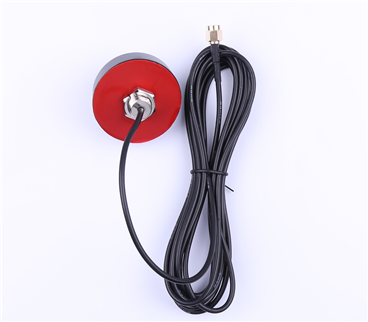On the one hand, of course, the quality of Japanese made products has passed the standard. On the other hand, Japan's large-scale products such as cars, household appliances and cameras in the past few decades have indeed left a deep impression on the world. Conversely, why is made in China often connected with low cost and low quality?
Twenty years after China's entry into WTO, its products have swept the world. If the quality does not pass, it is impossible to achieve globalization. Low price is certainly one aspect, but if the quality stability does not meet the standard, no matter how low the price is, it can not be recognized by the international market. This means that the quality made in China must also reach a considerable level.
Today, I got a preliminary answer by communicating with the Chinese general manager of a global pneumatic automation leader who has been prosperous in the Japanese stock market. His first sentence is that we win by quality; In the second sentence, we win with low cost. In his opinion, 40% of the products supplied by this Japanese brand worldwide come from China. 90% of some valves are made in China. If the quality is not good, why can we do the world? He thinks made in China is no worse than made in Japan. Moreover, low cost is an advantage, not that many enterprises are ashamed to say "low cost".
In fact, the reputation of a country's manufacturing, out of the product quality itself, is still related to many other factors. Quality culture is crucial. In Japan, a kind of management consulting company is very popular. Their job is to "tell stories made in Japan". For example, the Central Industrial Alliance of Japan, which first started from the Toyota department, many Toyota suppliers, such as retired middle and senior managers such as electric equipment and Aisin precision machinery, and quality management experts, will form a consulting team to help small and medium-sized enterprises implement quality actions on the one hand, and vigorously disseminate Japanese quality on the other.
The staff of Japan Energy Efficiency Association often stay in enterprises, do on-site follow-up interviews, learn from enterprise experience, listen to Japanese quality stories, and then spread them to the outside world.
Similar to the magazine of business administration, it summarizes a lot of enterprise experience and spreads it everywhere. This means that Japan has a "quality speaking singing group" to sing the song made in Japan. These quality consultants, like field reporters, observe, record and spread the stories of the fighters when the front-line soldiers are fighting.
This means that made in Japan, surrounded by an atmosphere of quality upward. Industrial culture, accompanied by manufacturing. Many scholars have theories, such as zero defect rate and abnormal management, and then choose 4-5 to observe how entrepreneurs implement them in production activities.
Made in China, there are three problems. The first is to read the Scriptures wrongly, and the concept of low-cost being secretly changed becomes "Jerry built"; The second is to do a good job in quality. Experience doesn't want people to know, but is afraid of refining; Third, I don't know why I have succeeded, and I don't have the patronage of "quality speaking Choir".
Made in China, in the era of globalization, actually suffered a great loss without the support of industrial culture. Foreigners are only exposed to Chinese products, and there are few formed quality ideas, impressive stories and thought-provoking ideas. Low cost, low quality and workers' bonus are the easiest hats for them. Because there are no stories and ideas on products that can hit their hearts.
The reason why the American factory, which is based on the factory of Fuyao Glass in the United States, has attracted much attention is that the management concept made in China is rarely displayed in front of Americans in such a shocking way. Putting aside the conflict of values first can cause a profound reflection on made in China, which is a great victory.
If Japanese quality culture is a series of films such as 007, it will last for a long time, then Americans, as quality screenwriters, have made great contributions. Dai Ming made and spread the seeds of quality concept for Japan after World War II and grew into fruit trees. In the 1990s, Americans Womack, Jeff liker and others picked these fruits and swept the world with the concept of "lean". These are the iconic trees of Japanese quality. In fact, countless energetic weeds have been formed on the surface of Japanese industry, and the quality culture has been completely activated.
Made in China is facing a new upgrade, which is the soil that needs a lot of quality culture. The scene made in China calls for better factory writers. Our scholars and entrepreneurs turn a blind eye to the excellent manufacturing stories around us.
To go deep into the factory concept, we need to understand the profound insight into man-machine integration behind the semi automation pursued by manufacturing madman BYD ten years ago, and we need to understand the idea of zero defects behind the "extreme manufacturing" proposed by battery giant Ningde era, We need to understand the impact of Shangtong Wuling, which has repeatedly presented the magic national car, on the instant amplification and manufacturing of listening to the voice of users behind the recent Hongguang mini electric vehicle quantity crown in the world.
If a country's products want to walk in globalization, they need two legs: excellent products and cultural ideas. Without these good stories, Chinese products are lame in the global market. This is the sum of the losses made by a country, and every enterprise is a victim
#New quality thinking#


